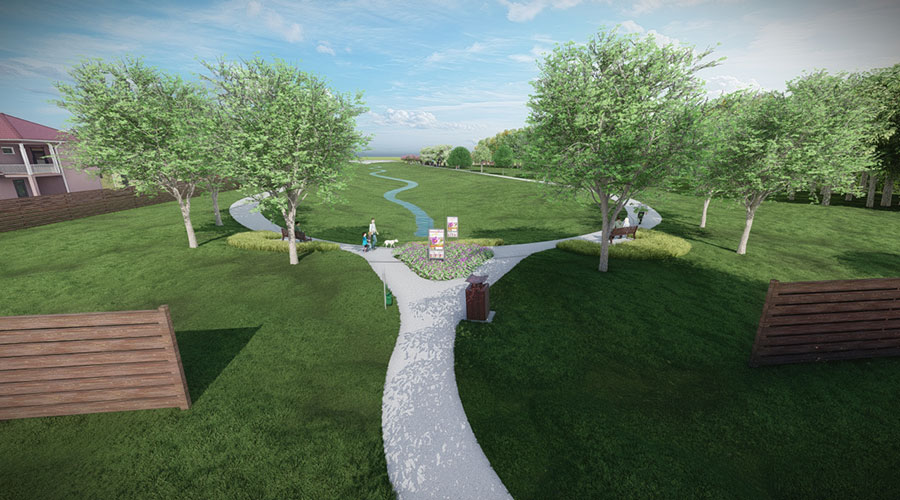Welcome to Harris County Municipal Utility District 364
Welcome to Harris County Municipal Utility District No. 364 (District), located in the Coles Crossing subdivision in Cypress, TX.
The Board of Directors is proud to serve its residents. The District’s goal include:
- Provide the highest quality of water;
- Provide reliable water/sewer service and customer support;
- Maintain the integrity of the District’s lift stations;
- Control the tax base through prudent decisions; and
- Fiscal responsibility in order to ensure the financial stability and growth of the District.
What is a Municipal Utility District?
A Municipal Utility District (MUD) is a local governmental entity organized for the purpose of providing safe drinking water and sanitary sewer service to the areas within its boundaries. Additionally, a MUD can exercise other typical governmental powers, including, but not limited to, drainage relief within its boundaries, the levy and collection of ad valorem taxes, issuing bonds with voter authorization, charge for authorized services, adopt and enforce rules and regulations to accomplish the purposes for which the MUD was created, develop and maintain certain public improvements such as parks and jogging trails, provide solid waste management services, and provide police protection services. However, not all MUDs provide all of these services. While the powers of a MUD may seem very broad, MUDs are one of the most highly regulated and controlled governmental entities in the State of Texas. The powers of a MUD are limited to those expressly provided for in the Texas Water Code and the Texas Constitution and there is significant oversight provided by the Texas Commission on Environmental Quality (TCEQ).
Latest News
District Trail Rehabilitation Project
The MUD 364 Board is excited to announce an upcoming trail rehabilitation project!
The asphalt trail system was built in 2010 and is one of the community’s greatest assets. Sections of the trail have deteriorated over time and are now in need of significant repair. The District has engaged landscape architectural firm, Halff Associates, Inc., to design a new trail masterplan for MUD 364’s trails. Preliminary designs include replacing the asphalt trail with concrete and adding landscaping, trees, interpretative signage, benches, water fountains, and other features along the trail.

The total cost for all phases of the project is estimated to be $2.3 million, which will be paid out of the district’s general fund. Final costs are subject to change depending on the final design of the project and cost of construction and materials, among other factors.
Currently, we expect construction to begin in February 2024 be completed by the fall of 2024.
The Board will provide further updates and information here as the project proceeds!
No Current Updates
There are currently no District updates. Check back for the latest news of what’s going on within the District.